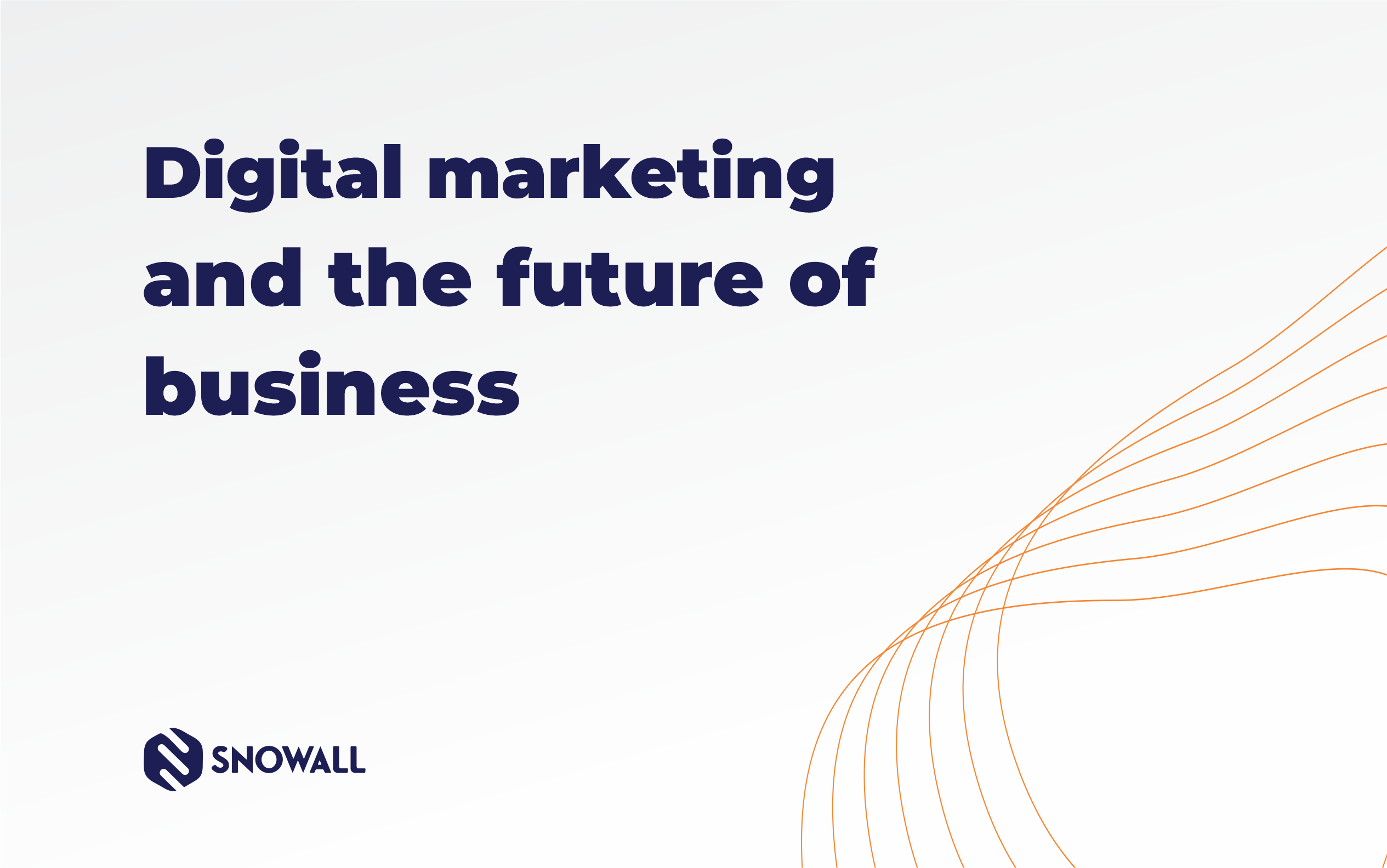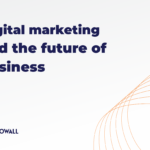Digital marketing is the process of promoting a product or service through electronic means, such as the internet, mobile devices, and social media. It has become an essential component of any business’s overall marketing strategy, as more and more consumers are turning to the internet to research products and make purchasing decisions.
One of the biggest advantages of digital marketing is its ability to reach a global audience at a relatively low cost. With traditional marketing methods, such as television and print advertising, reaching a wide audience can be expensive. Digital marketing, on the other hand, allows businesses to target specific demographics and reach consumers who are most likely to be interested in their products or services.
Digital marketing is transforming the business landscape, and its impact on the future is undeniable. From search engine optimization (SEO) and social media marketing to email campaigns and video advertising, digital marketing has revolutionized the way businesses promote their products and services.
Another way digital marketing is changing the future is by providing businesses with greater data and analytics. Through website analytics and social media metrics, businesses can now measure the success of their marketing campaigns in real-time. They can see which ads are driving the most traffic to their website, which social media posts are getting the most engagement, and which emails are leading to the most conversions. This data helps businesses make more informed decisions about their marketing strategies and adjust their campaigns accordingly.
Digital marketing is also changing the future by creating new job opportunities and industries. As businesses increasingly rely on digital marketing, there is a growing demand for professionals with expertise in this area. Roles such as digital marketing specialist, social media manager, and email marketer are now in high demand, and new positions will likely emerge as the industry continues to evolve.
There are many different types of digital marketing, each with its own set of advantages and best practices. Some of the most popular forms of digital marketing include:
Search engine optimization (SEO): The process of optimizing a website to rank higher in search engine results pages (SERPs). This can be done through a variety of techniques, such as keyword research, on-page optimization, and link building.
Pay-per-click (PPC) advertising: A form of advertising where businesses pay a fee each time their ad is clicked. This can be done through platforms such as Google AdWords and Bing Ads.
Social media marketing: The process of promoting a product or service through social media platforms such as Facebook, Twitter, and Instagram. This can include creating and sharing content, running ads, and building a community of followers.
Email marketing: The process of sending promotional emails to a list of subscribers. This can include newsletters, product announcements, and special offers.
Content marketing: The process of creating and distributing valuable content, such as blog posts, videos, and infographics, to attract and engage a specific target audience.
Digital marketing is changing the future in numerous ways, from increasing accessibility and reach to providing greater data and analytics, creating new job opportunities, and promoting more personalized marketing.
As the industry continues to evolve and new technologies emerge, it will be fascinating to see how digital marketing continues to shape the future of business.





